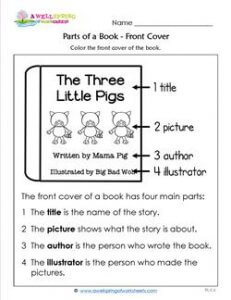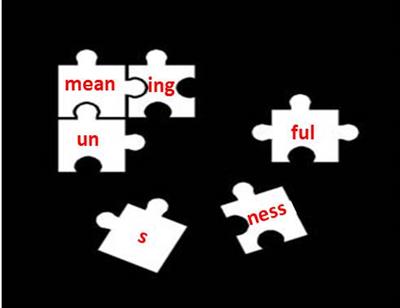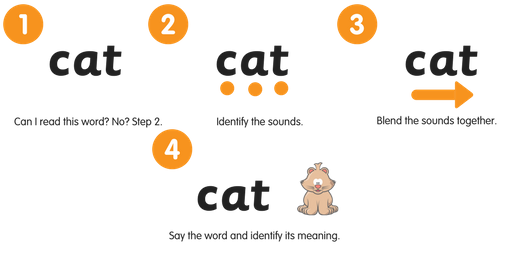Module 4 (Week 2) Vocabulary
1.) Phonemic Awareness
- "the ability to notice, think about, and work with the individual sounds in words." (readingrockets.org)
Since phonemic awareness is the awareness that sounds of language creates words. This is one of the fundamental learning skills of literacy. If a student is able to sound out the different letters in a word with different techniques then they are able to learn a word.
2.)Concepts of Print
- "understandings about how books are organized, how print is oriented on the page, and features of print such as punctuation and capitalization " (Words Their Way)
This is important to teaching literacy because this offers students the basic understanding of how to begin reading a text and where to find specific content and concepts with a text.
3.) Morphology
- "the patterns of word formation in a particular language, including inflection, derivation, and composition." (dictionary.com)
With morphology, this is used to identify the formation of a words and how they can be broken apart or put together. This is important for teaching phonics because this allows students to see root words that they may already be familiar with within a new word that may have a prefix or suffix on it.
4.) Systematic Phonics Approach
- "the direct teaching of a set of letter-sound relationships in a clearly defined sequence" (readingrocket.com)
When it comes to using systematic phonics approaches while teaching literacy can offer multiple positive improvements within a child's learning including reading comprehension, word recognition and spelling.
5.) Blending
-"the ability to combine the sounds that each letter stands for within a word all together." (readingrockets.com)
The ability to blend sounds within a word is a very important skill for literacy. This skill is necessary to teach students how to read a word, while combine the sounds of each letter to form the word.
6.) Segmenting
-"the ability to separate the sounds that each letter stands for within a word." (readingrocket.com)
Being able to segment sounds from words is a very important skills for literacy. This skill is necessary to teach students how to read a word when they come across it and help them sound it out when they are unsure of a new word.






Comments
Post a Comment